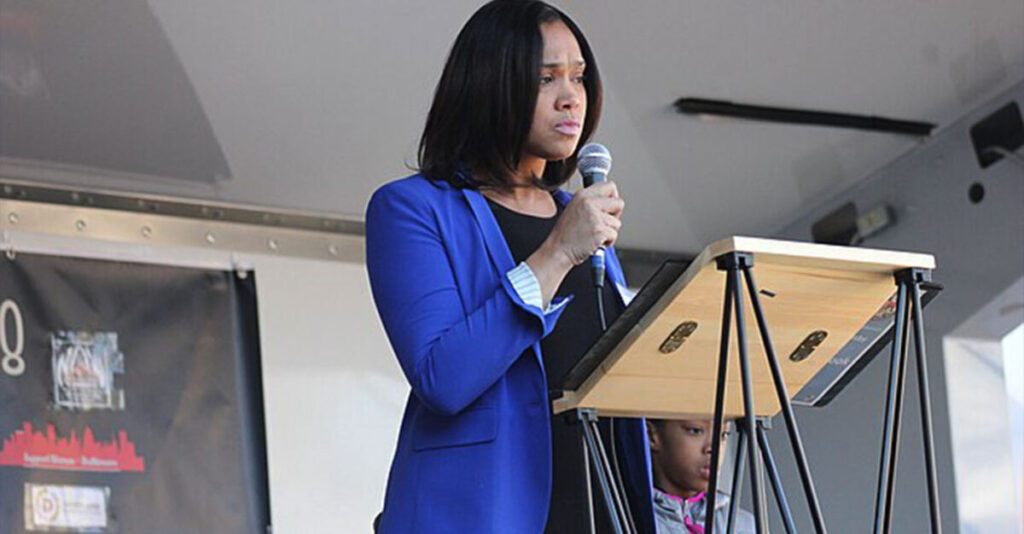A federal appeals court delivered a split decision in the high-profile case against Marilyn Mosby, the former Baltimore State’s Attorney who rose to national prominence before facing criminal charges tied to her finances.
In a 2-1 ruling, the U.S. Court of Appeals for the 4th Circuit vacated Mosby’s mortgage fraud conviction, finding that the venue for prosecuting that charge in Maryland was improper.
The reversal also lifts the government’s forfeiture of her Longboat Key, Florida, condominium, which had been valued at over $900,000.
However, the court upheld Mosby’s perjury convictions stemming from her withdrawal of funds from her city retirement account during the COVID-19 pandemic. A federal jury previously determined Mosby falsely claimed to have suffered financial hardship to access the money under the CARES Act.

Prosecutors said she later used those funds to help purchase two vacation properties in Florida.
Judge Stephanie Thacker, writing for the majority, concluded that evidence about how Mosby spent the withdrawn funds was admitted correctly because it helped establish whether she faced economic harm.
In a partial dissent, Judge Paul Niemeyer argued that the mortgage fraud charge should have remained intact, contending Mosby’s actions—generating and transmitting false documents while living in Maryland—meant the trial venue was appropriate.
Mosby, who served two terms as Baltimore’s top prosecutor, has repeatedly insisted the case was politically motivated. She had also argued that seizing nearly all her Florida condo was excessive given the nature of her offenses.
She was sentenced in May to one year of home detention, three years of supervised release, and the forfeiture of 90 percent of her condominium.
Her home confinement concluded last month, and a judge has since ordered the return of her passport and waived additional monitoring fees.
Mosby, who once sought presidential pardon, has been allowed to keep her law license during her appeal.
Representatives for the U.S. Attorney’s Office in Maryland declined to comment on the appeals ruling, and Mosby’s attorneys did not immediately respond to requests for comment.




